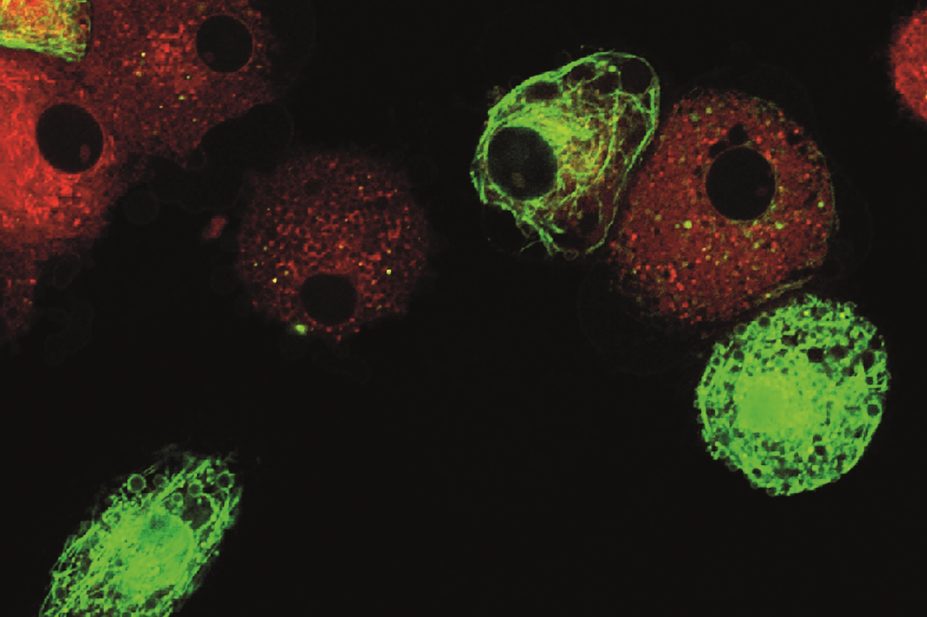
Shutterstock.com
Cancer vaccine development has tried to target dendritic cells (DCs), a type of antigen-presenting cell that helps stimulate an immune response, but this has been hampered by technical challenges.
In a report in Nature (online, 7 June 2016)[1]
, researchers from Germany showed that they could successfully target DCs with an RNA-lipoplex (antigen RNA protected inside a lipid carrier) by optimising the net charge.
The researchers have begun a phase I trial in advanced malignant melanoma using an RNA-lipoplex vaccine encoding four tumour antigens. In the first three patients who were treated, the vaccine resulted in strong T-cell responses to all four antigens in all patients.
The researchers say that, as virtually any tumour antigen can be encoded into RNA, this type of vaccine could become a universal form of cancer immunotherapy.
References
[1] Kranz LM, Diken M, Haas H et al. Systemic RNA delivery to dendritic cells exploits antiviral defence for cancer immunotherapy. Nature 2016. doi: 10.1038/nature18300


